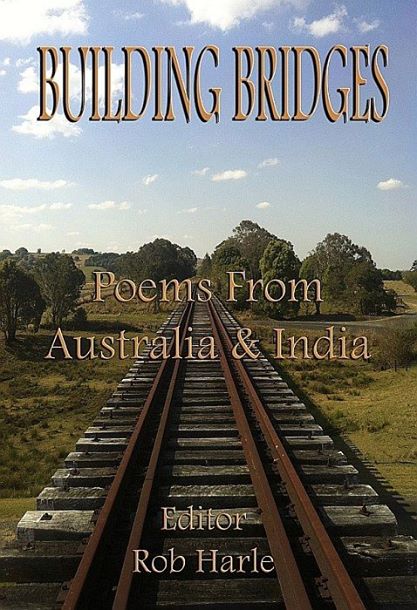Jan 04, 2026
Jan 04, 2026
 Christine Strelan's symbolical poem "Rat" presents poignant human predicament, sad plight of the marginalized people in contemporary times; they are maligned in 'history's background noises'. She is pained to see the deplorable condition of the neglected people, 'without reverence' in 'nests of rags and shredded papers tunneling around the peripheries of existence'. Rat is a frustration spitted against the so called system. She makes a veiled attack, a piercing satire –
Christine Strelan's symbolical poem "Rat" presents poignant human predicament, sad plight of the marginalized people in contemporary times; they are maligned in 'history's background noises'. She is pained to see the deplorable condition of the neglected people, 'without reverence' in 'nests of rags and shredded papers tunneling around the peripheries of existence'. Rat is a frustration spitted against the so called system. She makes a veiled attack, a piercing satire –Her “Freakshow” talks about a 'hyphenated woman' who has strayed from those disturbing dreams where the 'staid rules of the flesh are bent' and whose ' body lives in a twilight of arrested metamorphosis'. It is a sad saga of femininity. Her feminine sensibility is preponderance in “Undressing in the 18th Century”. She very heavy-heartedly cries out with ' her body a trophy of the most comprehensive idleness / the men's money can buy.' She feels socked to see ' she doesn’t even have the wit to despair'.‘We don't need your love,
give it to all those contemptible
puppies and kittens.
We will never be adorable.’
26-Apr-2014
More by : Bhaskaranand Jha Bhaskar

|
I am really amazed at the wonderful insight you have provided to the pieces of poetic compositions seeking to bridge the gap between two diverse cultures. Your critical acumen really makes the readers enjoy a poem in a more rewarding way as compared to a situation when he had approached such pieces without using your sensibility. Thus your critique justifies the belief that critics are not parasites dependent on creative writings but happen to be creative in their own way. |

|
Bahutttttttttttttttttttttttttttttttttttttt ras Badhai apne sir ji |

|
Thank you! Copies of "Building Bridges".are available with: http://www.amazon.com/Building-Bridges-Poems-Australia-India/dp/8182534593 http://www.cyberwit.net/publications/585 You may e mail me: jaydeepsarangi@gmail.com best wishes |

|
Prof. Bhaskaranand Jha, hearty congratulations on your excellent critique and review of the book, "Building Bridges". You have taken great pains in selecting some of the poetry, to represent the depth and the truth of emotions of the authors. I, a lover of poetry feel privileged to have read your review. My best wishes to you on your future projects. I am 81, residing in USA. How can I order a copy of the book? With regards and thanks. Khalida Khan |

|
A wonderful review ! |

|
Good review sir.. |

|
well done. perceptive review. |

|
Bhaskar Jha has presented a wonderful review and scenario of the contemporary societies of both India and Astralia based on these eight poems. He is a genius in writing poems and also criticism.Writing criticism is a tough task but he accomplished it very intelligently and beautifully. Being older than him I wish his continuous success both in literary as well as personal life. |

|
Thank you for a wonderful and perceptive review of this important volume of poems. |

|
Congratulations Bhaskar Jha sir for sharing this wonderful review . Culmination of masterpiece . Best wishes to you for your future endeavours . |

|
My hearty Congrats dear Prof. Bhaskaranand Jha for the excellent detailed review of the book. Only a great critic can go so deep into the poems and make the readers feel the beauty of the poems as well as allure them to buy a copy of the book. Hats off to you. My deep gratitude to you for the superb criticism and to the editor Mr. Rob Harle as well as to the publisher Cyberwit.net for the wonderful book! |